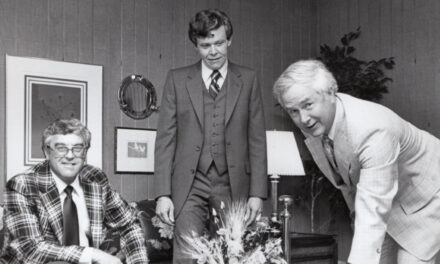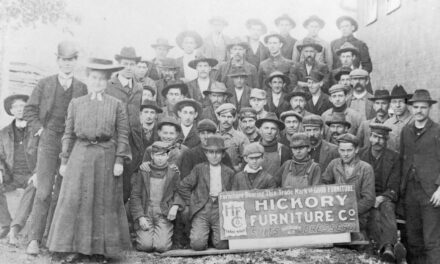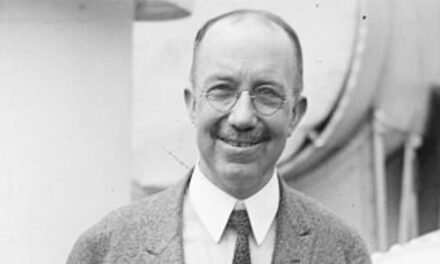
Lost. One short silver whistling device. Last used on the King’s Mountain battlefield. Dropped from the pocket of a dead British officer. If found, please return to the family of the man who “owns” it, Elias Powell.
The whistle in question has historical significance as a relic of the battle. Used by Lieutenant Colonel Patrick Ferguson, the commander of British forces at King’s Mountain, he used the missing instrument to train his troops on proper movement in the face of an attack by the enemy (or as we know them today, the Patriots).
 At the battle, Ferguson was the only British soldier there. The rest were like Elias Powell, locals who rallied to the cause when the Crown demanded they do so. Powell joined a militia group organized in what is now Caldwell County and marched to join Ferguson in support of the new British strategy to put down a pesky rebellion that the Redcoats just could not seem to quell.
At the battle, Ferguson was the only British soldier there. The rest were like Elias Powell, locals who rallied to the cause when the Crown demanded they do so. Powell joined a militia group organized in what is now Caldwell County and marched to join Ferguson in support of the new British strategy to put down a pesky rebellion that the Redcoats just could not seem to quell.
Apparently, Lt. Col. Ferguson liked Powell enough to make the American his aide-de-camp, a pseudo-military term for grunt. If Ferguson, who was actually a Scot, needed a task completed, he blew his whistle in a certain way and Powell came running.
When the battle came and the Patriots surrounded the mountain, all in an effort to take Ferguson down, the whistle got a lot of use. Blow as he might, the British officer just could not whistle his way to victory, even though he commanded as many men as the Patriots. The battle lasted about an hour and when Ferguson saw the tide turn against him, he mounted a white horse and attempted to flee, a fatal move.
At least seven projectiles, fired by militia volunteers like Powell, (except they fought for the other side), brought the leader down and ended the battle. At that point, the hands of the surviving loyalists, including Powell’s, went up in surrender. Ferguson, who declared that God and all his little angels could not knock him off that mountain proved to be right. He was buried in a cairn on the field. As a last task of service for his superior, Elias Powell helped cart off the body of Ferguson to his final resting place. While doing so, the whistle supposedly fell out and Powell retrieved it before internment.
For years, Elias was known to have kept the noise making device as a memento of his service to the British cause. He lived another fifty years after the Battle of King’s Mountain in the Powelltown section of Lenoir. Following the death of the owner of the whistle, the artifact supposedly went west with descendants and its whereabouts is now a mystery. Thus, a curious relic of the battle has been lost.
A hundred years after the military engagement that is credited with turning the tide of the American Revolution, Lyman Draper wrote the first definitive account of King’s Mountain in which he details the story of the short whistle. It’s a tiny element the battle really, but insight into how big events turn on small objects.
Where is that damned whistle?
Photo: A reasonable facsimile of the missing whistle.









